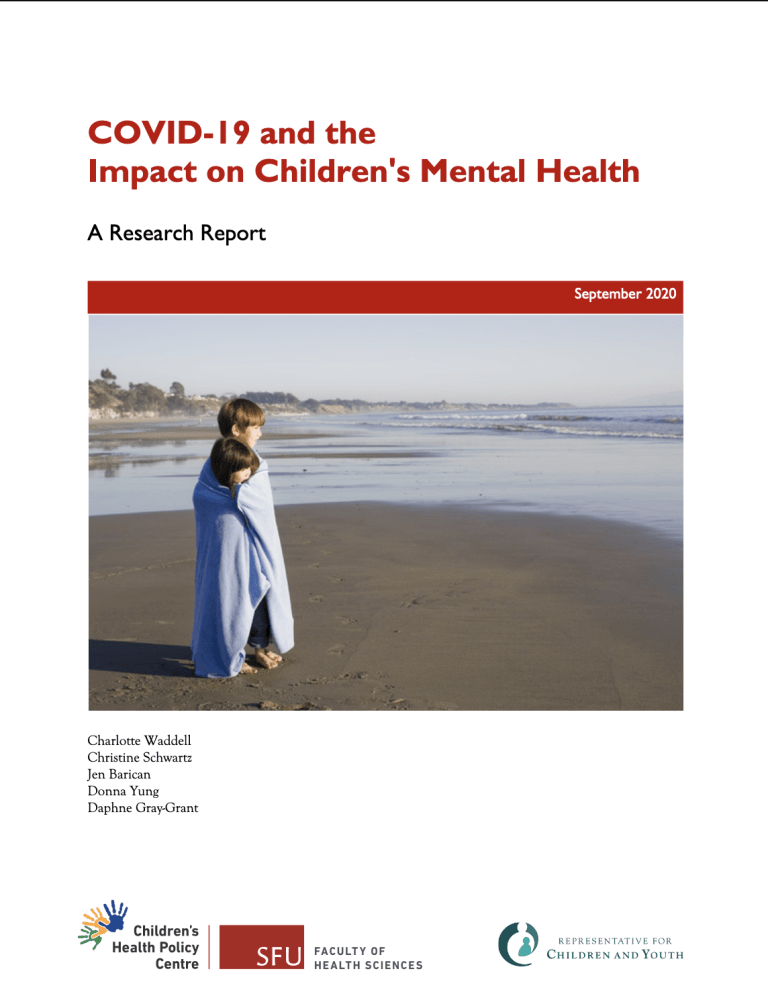2 search results
for
Decolonization and Indigenous rights
Offer proven children’s mental health interventions
Recommendation 2: Numerous interventions have been tested covering the span of children’s mental health problems. Effective prevention approaches have been delineated for most, and effective treatments have been delineated for all. For the specific problems expected to increase due to COVID-19 — namely childhood anxiety, depression, behavioural problems and posttraumatic stress — there is ample research evidence on effective prevention and treatment options that have been evaluated using rigorous measures in randomized controlled trials (RCTs) with children. (Although RCTs provide the best evidence on intervention effectiveness, they also have important limitations, including underrepresenting Indigenous Peoples as well as Indigenous Methods and perspectives.) […] As well, interventions like cognitive-behavioural therapy and parent training can be culturally enriched and adapted with input, for example, from Indigenous communities. At the same time, ineffective or unproven options should not be supported during COVID-19, or at any time.-
Category and theme:
Audience:
Groups affected:
Location of recommendation:
Address underlying social disparities and build resilience
Recommendation 3: Another crucial step is to address the social disparities that amplify the risks for harm following an event such as COVID-19. Particular attention should be paid to children who are already disadvantaged. The pandemic can be the instigation to launch initiatives such as: ensuring that no children are living in precarious socioeconomic circumstances; augmenting support services for children in need; reducing the number of avoidable adversities that children face in addition to COVID-19, including addressing racism; and rectifying inadequate living conditions in many Indigenous communities, as well as raising the levels of funding and support for child health, social and educational programs to achieve parity with non Indigenous communities. Related to this, approaches that strengthen families and communities can promote resilience when children do have to face adversities. Given the likelihood that the impact of COVID-19 may be enduring, building these foundations for resilience are crucial — through initiatives that reduce disparities and ensure that all BC children can flourish.-
Category and theme:
Audience:
Groups affected:
Location of recommendation:
